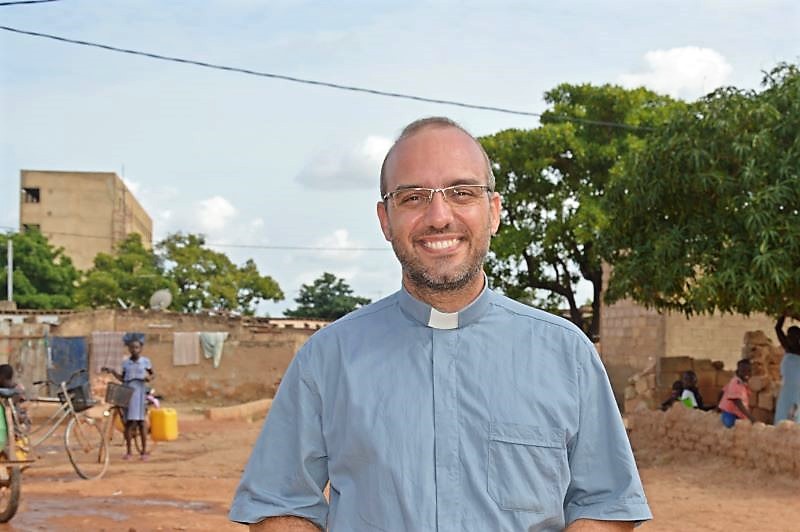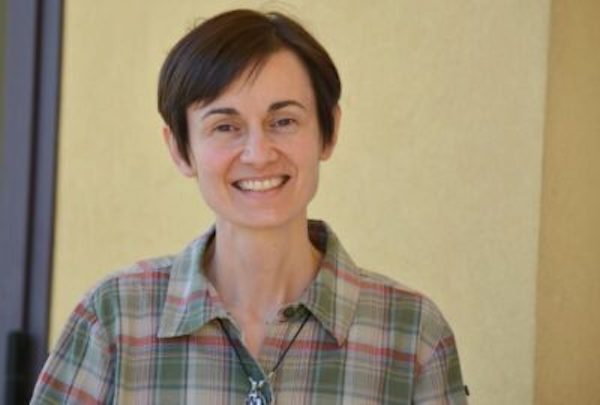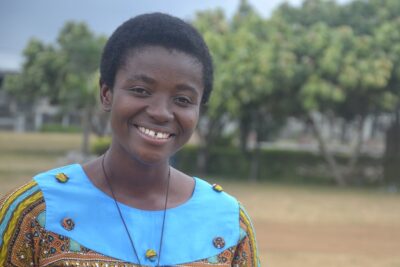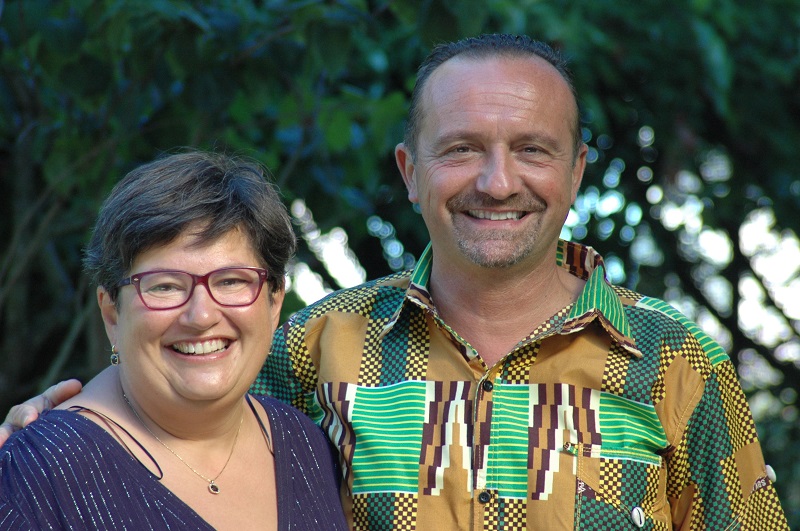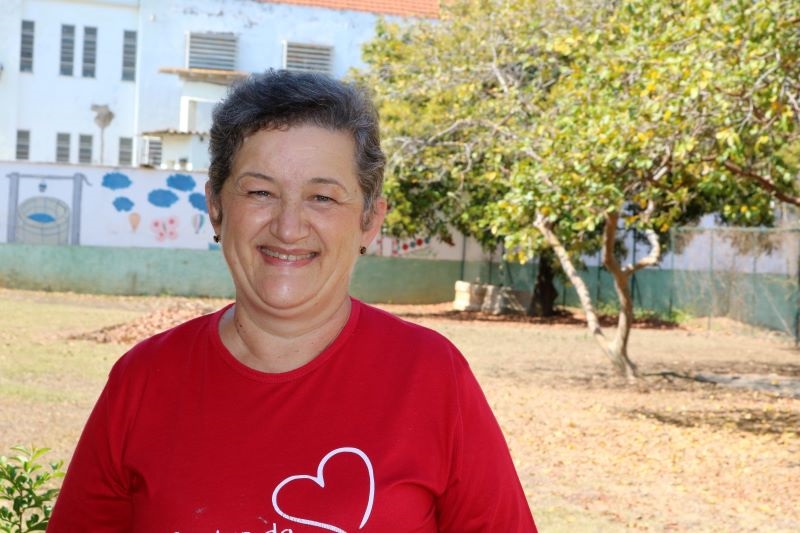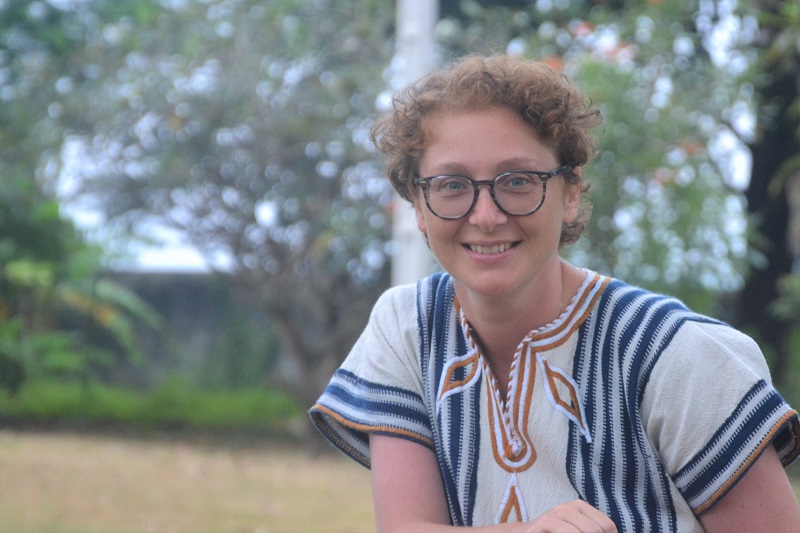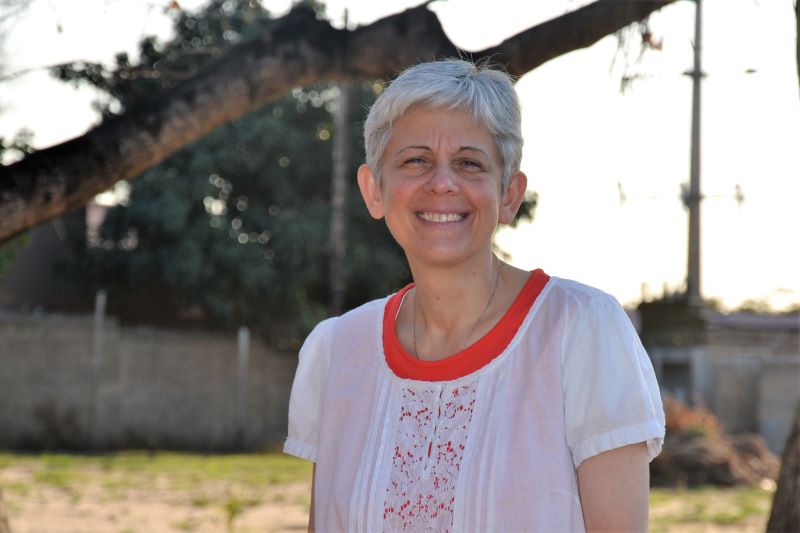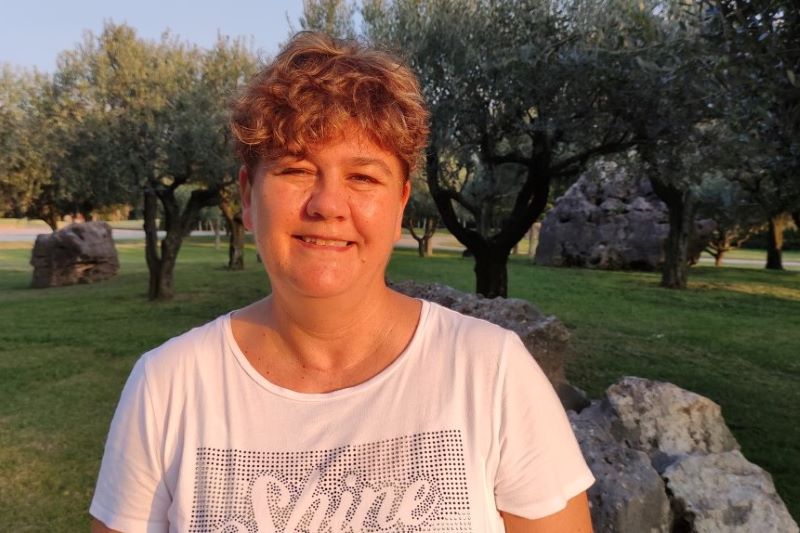
Living the ad gentes mission in the central region of Burkina Faso, in the capital Ouagadougou, means starting the day very early. We are close to the equator, so the days are around 12 hours of light and 12 hours of darkness. Even though we are on the outskirts of the city, the rhythms of rural life are maintained, such as getting up early to go to the fields or to work.
For many Christians, however, the first daily appointment is attending the weekday Mass in the main church of the mission. I’m not used to getting up very early. And then, it takes me a little time to get into the rhythm after waking up. The alarm goes off at 5:00 and at that time, there is a typical silence in the neighborhood at the end of the night, in which you feel your soul closer to God, ready to welcome a new day that begins with His hands.
Breakfast is very simple: a little tea and a piece of bread. Sometimes we also receive coffee as a gift and then we take a little more sprint. The motorcycle ride to the church takes only a few minutes. In this one-kilometer journey, I meet many other people who are going to work: mothers, with their little ones on their backs, often carry bundles with merchandise to sell attached to their bicycles or carried on their heads; young fathers are going to the city to look for work; students are going to school.
I like to identify with each of them, with their desires, expectations, and hopes. The dawn lights make everything beautiful, enveloping the landscape with soft colors that hide the poverty of the houses, the misery, and those situations that the daylight, however, throws in your face with all its drama.
The weekday Mass is shorter: it starts at 5:45 and lasts a maximum of 30 minutes to allow everyone to arrive on time for work. When I arrive at the church, there are usually between 150 and 200 people already in prayer, waiting for the beginning of the celebration. Everything happens in the local language, Moré, which is quite familiar to me after three years. Praying in another language makes you see God from a different perspective, because language conveys new and enriching concepts and nuances. That’s good!

Since we arrived here in Burkina Faso, the number of those who choose to become Christians in our mission because they have met Jesus has increased. I am often surprised by their daily choices that testify to a living relationship with the Master.
I remember a few months ago, I went to the church at dawn after a night of heavy rains. The dirt roads were all flooded and full of mud. I thought I would find the church flooded (as sometimes happens after rains) and that it would not be possible to celebrate Mass. Upon my arrival, I found that the poor concrete floor was wet but clean: there was still a lot of water around the church, but nothing inside. I asked the people present why the water did not enter the church, and they pointed to two women who had arrived at 4 a.m. to clean. I approached them to thank them, and their response was moving: “For God, we must do everything, even what seems difficult, so He gives us strength!“
These are words with which I often start my day now and share with others: “Do everything for God, even what seems difficult!”.


